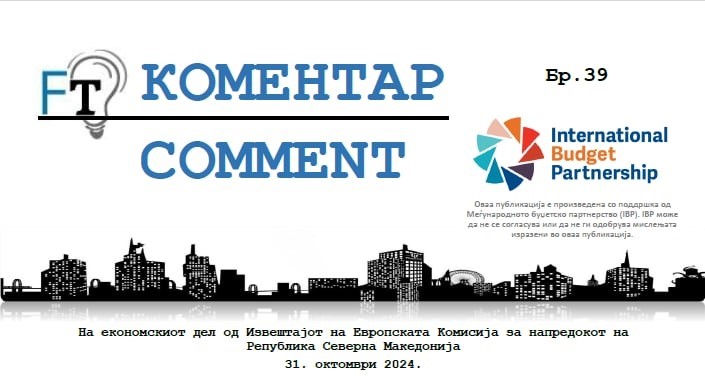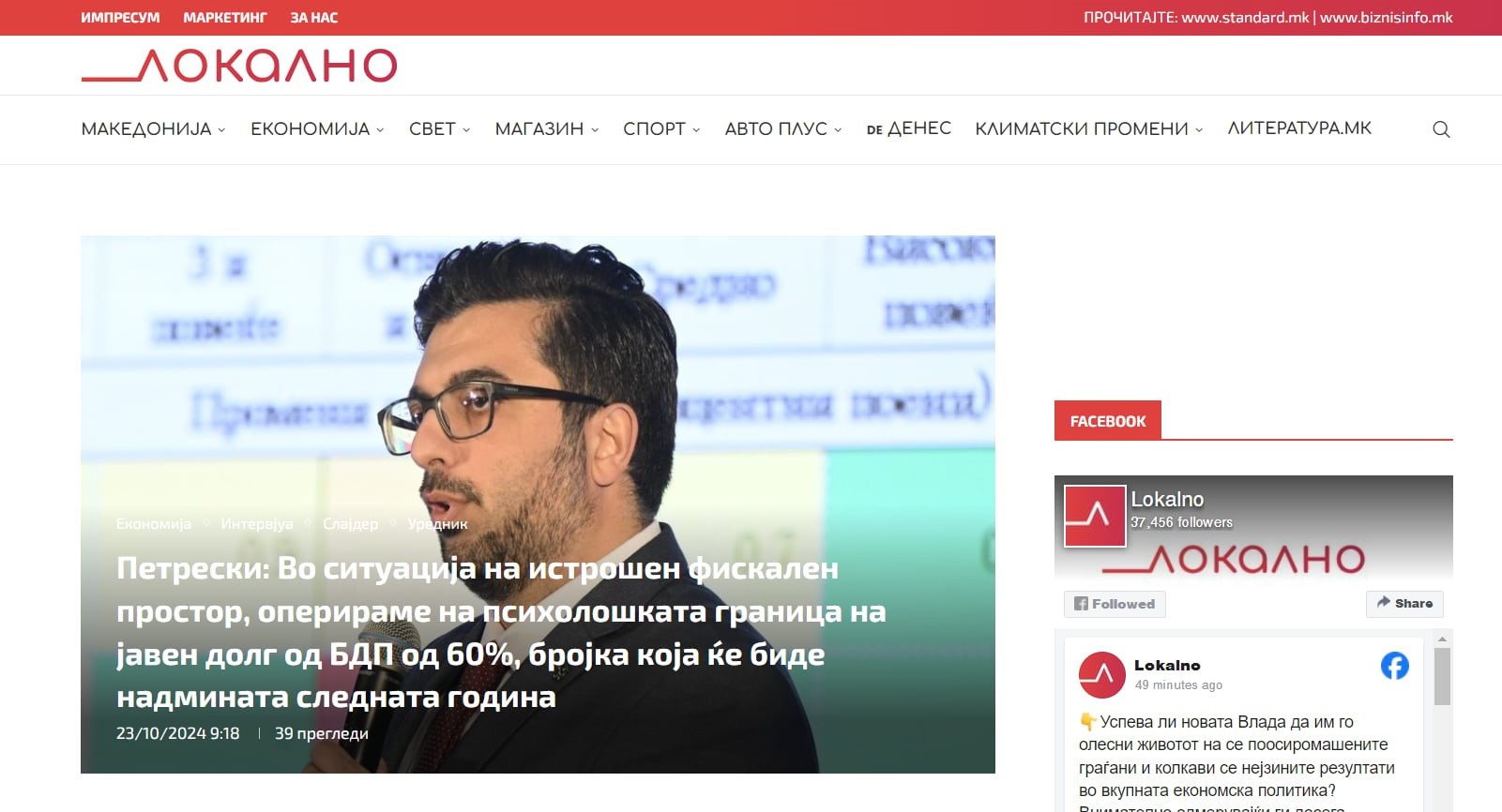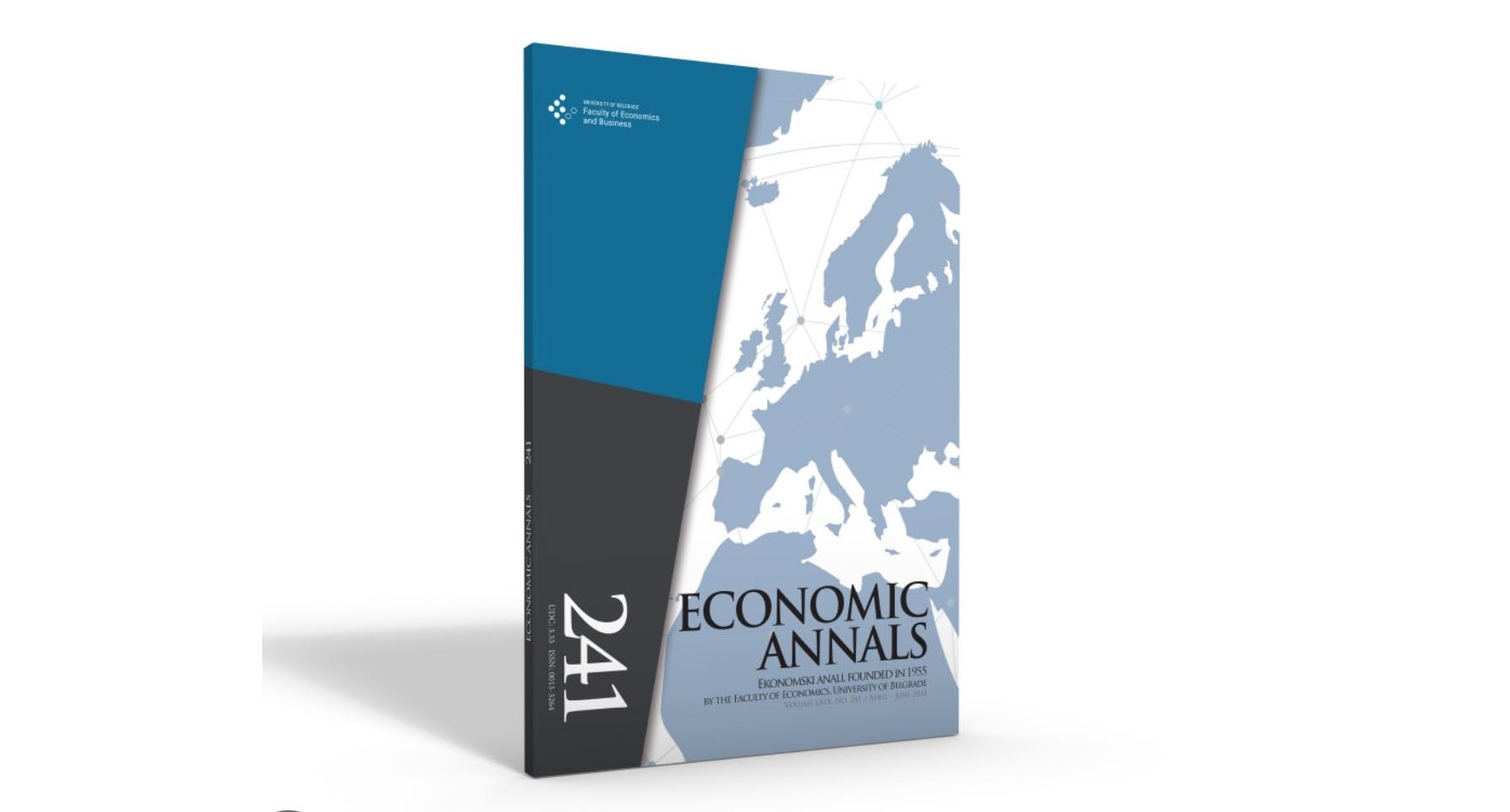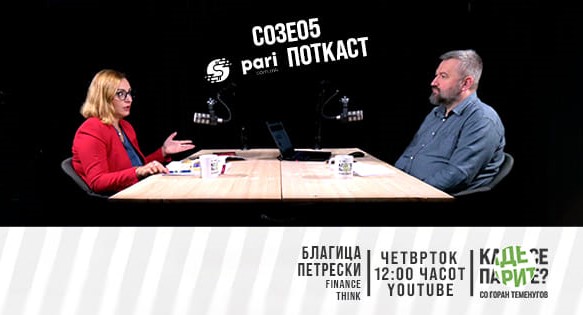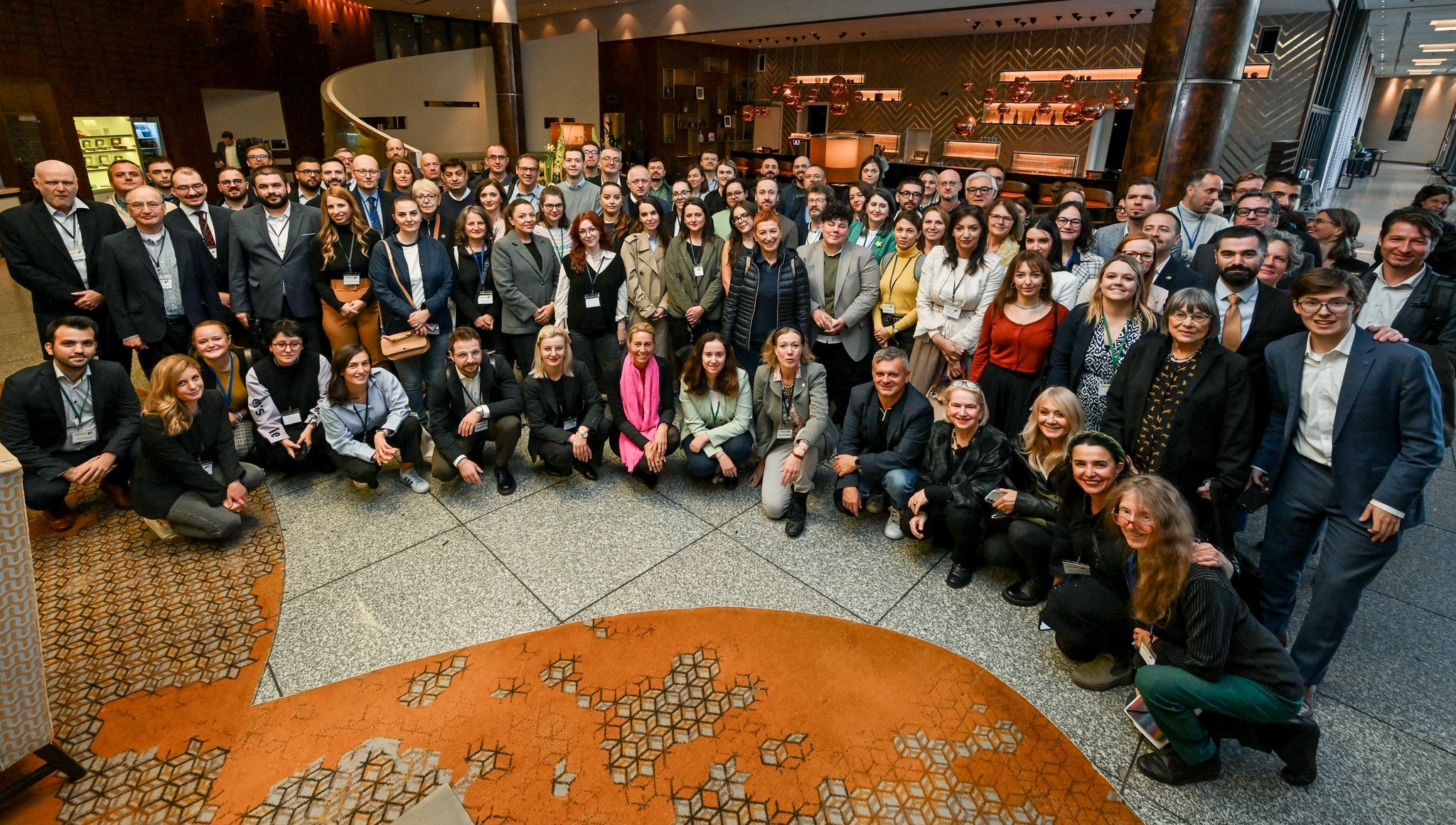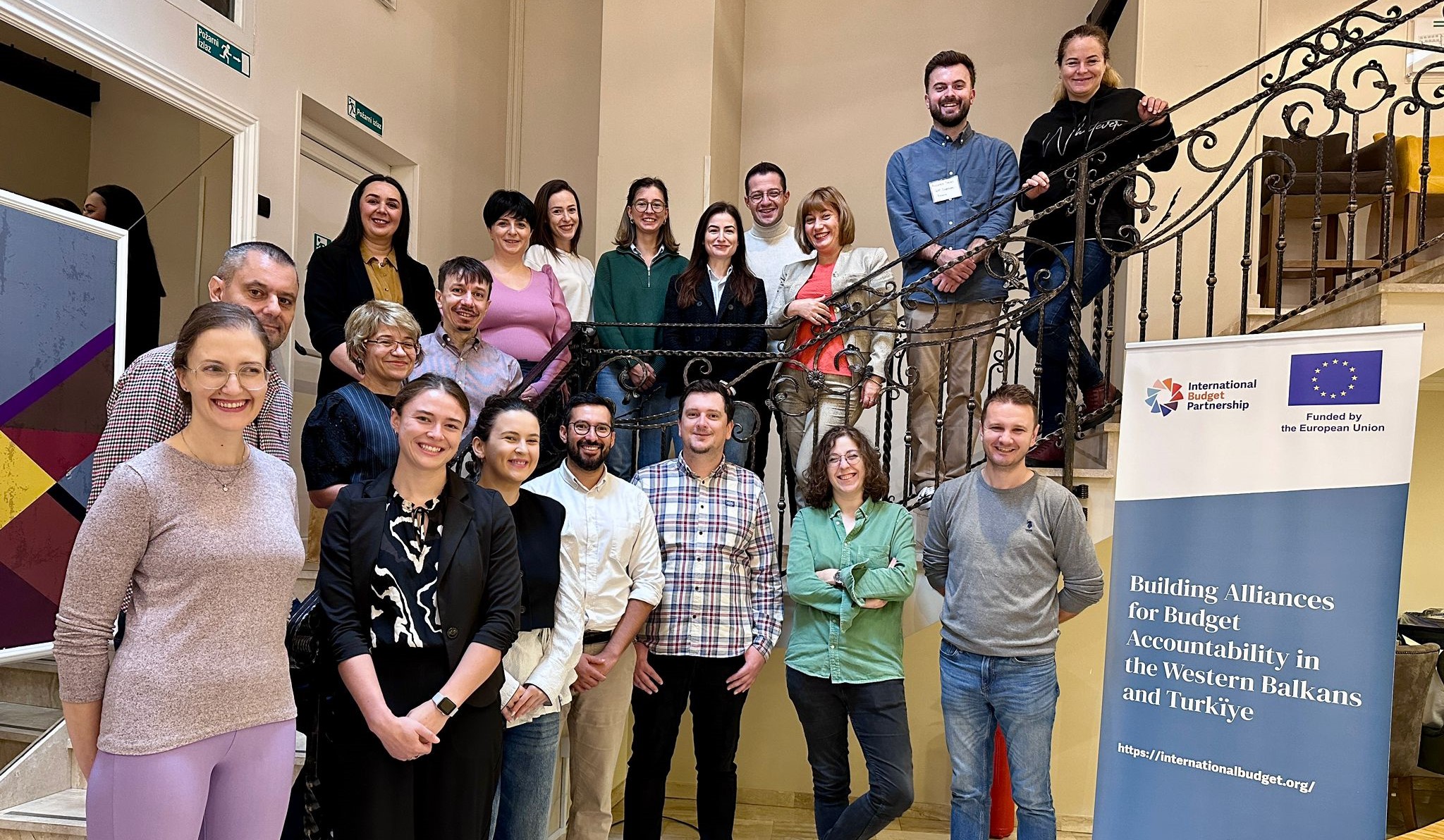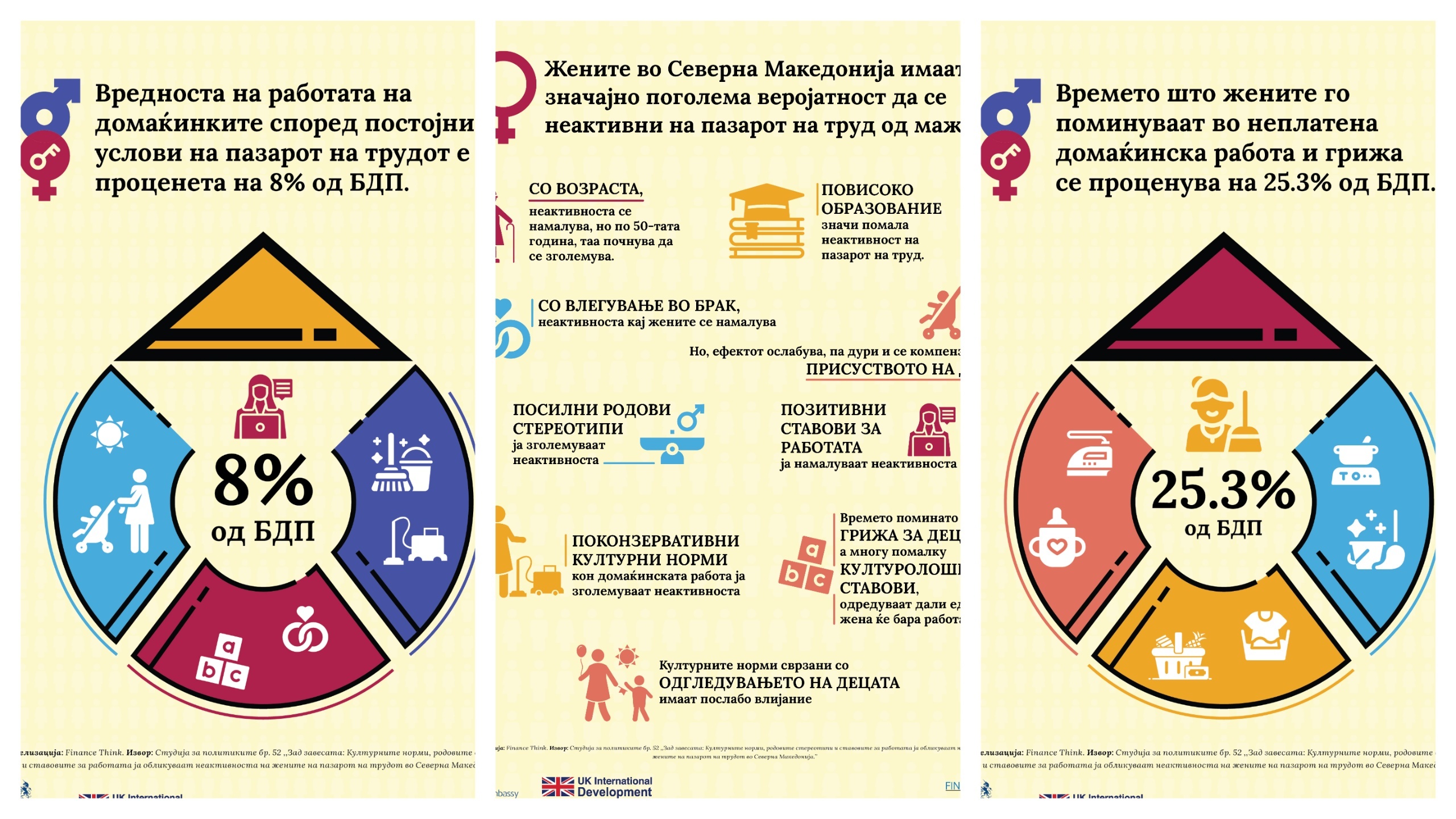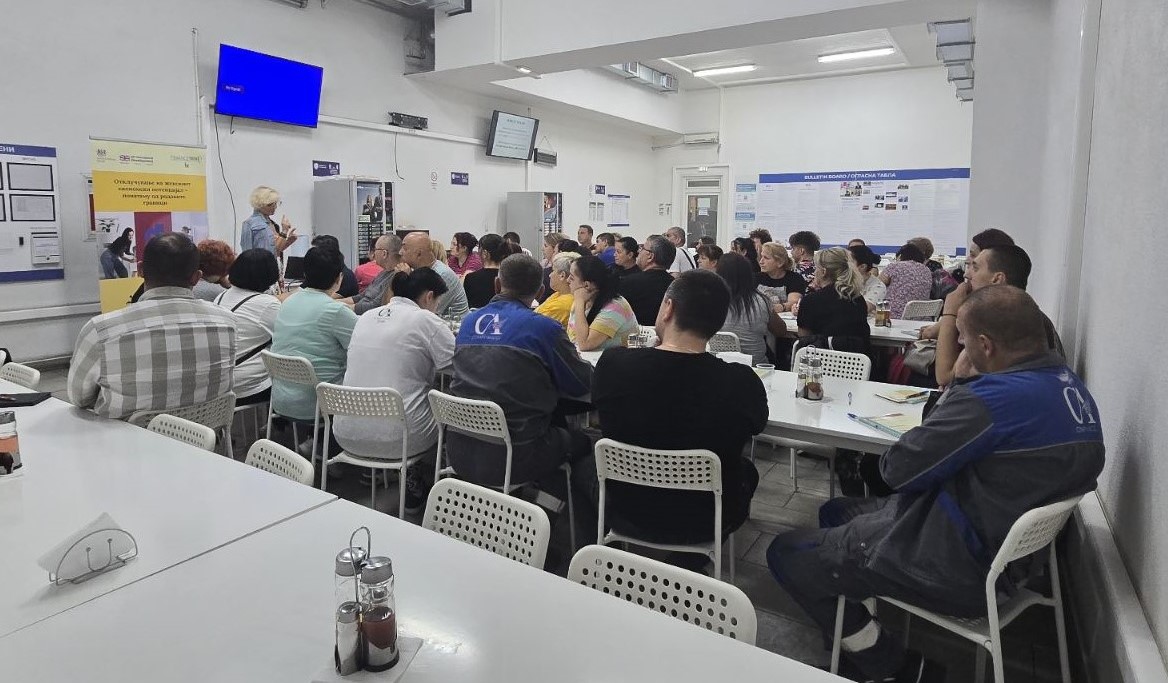Finance Think – the Economic Research and Policy Institute, Skopje, has published the study “Behind the Curtain: How Cultural Norms, Gender Stereotypes, and Attitudes Toward Work Shape Female Inactivity in the Labor Market in North Macedonia” (link), as part of its series on empowering women’s economic potential. The inactivity rate for women in the labor market is high (57.2%), with every second working-age woman neither employed nor seeking work. The low participation of women in the labor market results from multiple factors: limited childcare support, lack of flexible work arrangements, cultural barriers, and domestic responsibilities. This situation leads to unrealized economic potential, negatively impacting economic growth and productivity. Half of the inactive women in the labor market are categorized as housewives. The value of housewives’ work is estimated at 8% of Gross Domestic Product (GDP), while the value of the time women spend on unpaid household work and care is estimated at 25.3% of GDP.
The study aims to identify the causes of women’s inactivity in the labor market in North Macedonia, based on the analysis of cultural norms, gender stereotypes, and individual attitudes toward work, as well as the personal and family characteristics of women.
The results show that women in North Macedonia are 8.8% to 22.3% more likely to be inactive, with age, education, and marriage being important determinants.
We identified four factors contributing to women’s inactivity in the labor market:
- Gender Stereotypes, Discrimination, and Cultural Norms for Childcare: This factor shows that deeply ingrained societal perceptions of gender roles and gender-based discrimination play a key role in limiting women’s participation in the workforce.
- Attitudes Toward Work and Childcare Norms: Positive attitudes toward work motivate women to seek employment, while negative attitudes and traditional childcare responsibilities discourage labor market participation. Attitudes toward work are significant when a woman has no more than two children, but the effect on inactivity is stronger when a woman has no children.
- Cultural Norms for Childcare: This factor shows that caregiving priorities strongly affect women’s participation in the labor market.
- Domestic Responsibilities: Traditionally perceived as female tasks, these further limit women’s time and opportunities for employment.
However, these factors affect women differently depending on age. For women aged 18 to 34, only negative attitudes toward work significantly predict inactivity, indicating that for younger women, perceptions about work influence their activity. For these women, gender stereotypes and cultural norms are less important, which may be seen as a positive change. In the 35 to 49 age group, negative attitudes continue to play a role, but gender stereotypes begin to have a stronger effect. For women aged 50 to 64, attitudes toward work and traditional cultural norms significantly influence inactivity.
The impact of these factors also depends on education. For women with primary or secondary education, gender stereotypes play an important role, especially among middle-aged women. In contrast, for women with higher education, the influence of these cultural factors significantly decreases or disappears.
The analysis uses data from the European Values Survey (EVS) for North Macedonia, which provides information on the social and cultural values of 1,117 individuals aged 18 and older.

